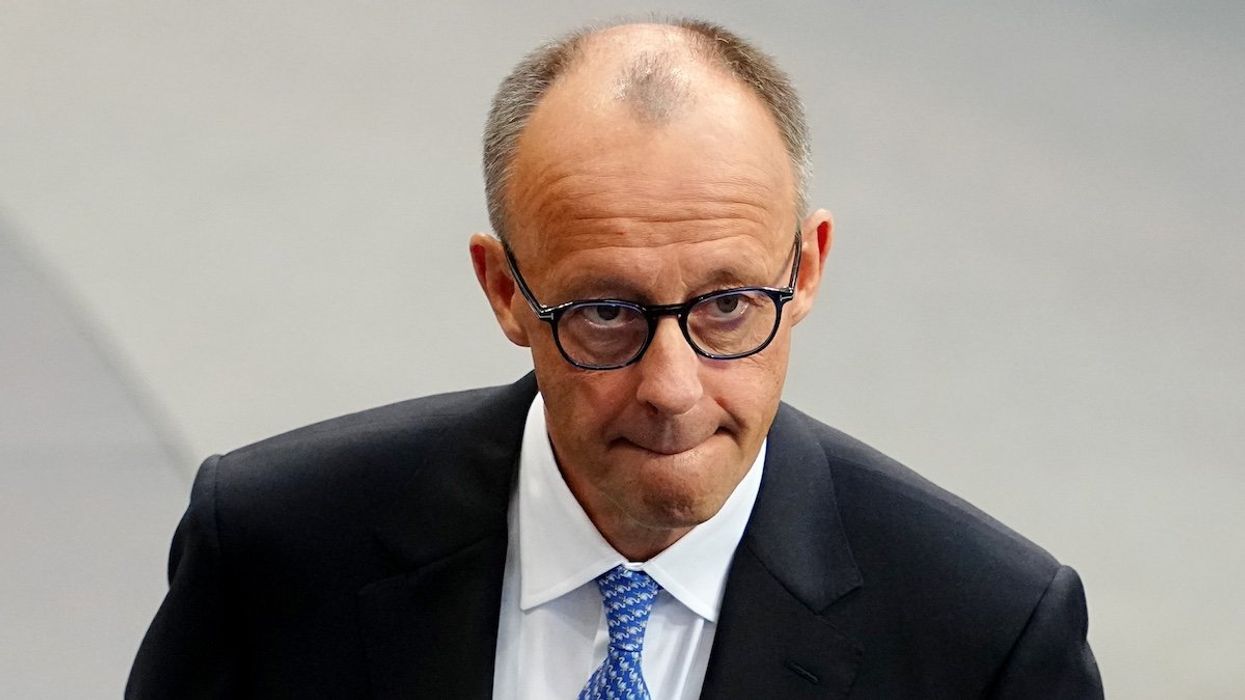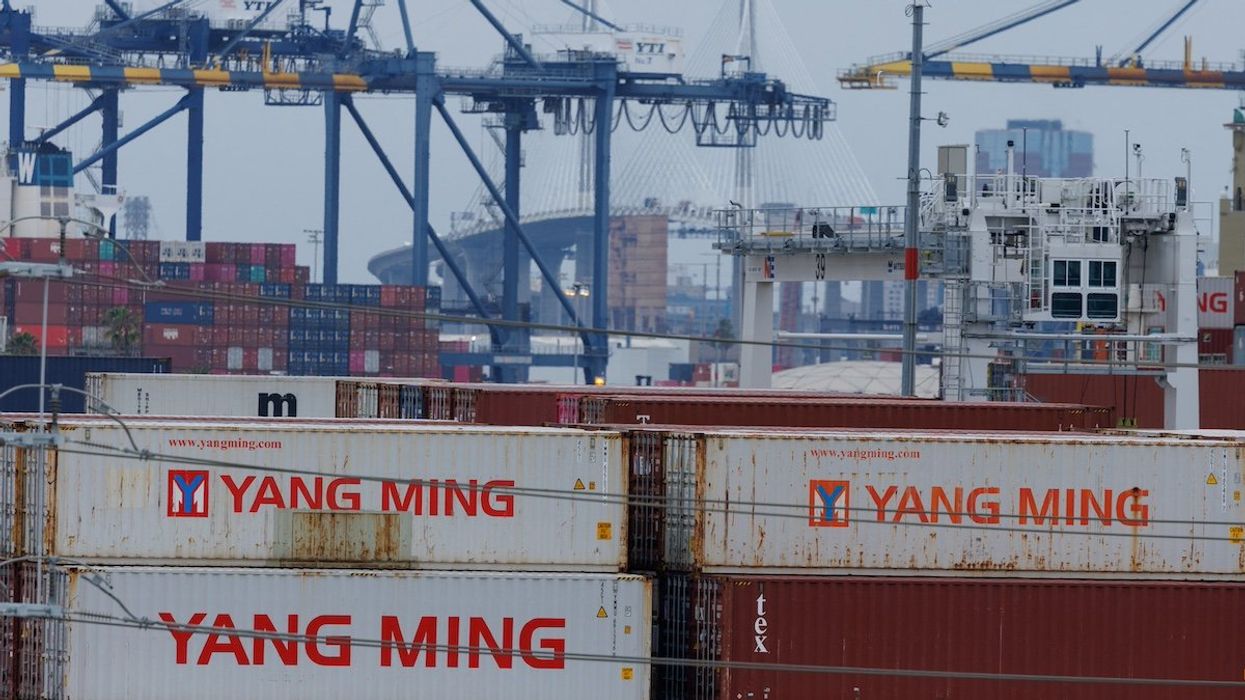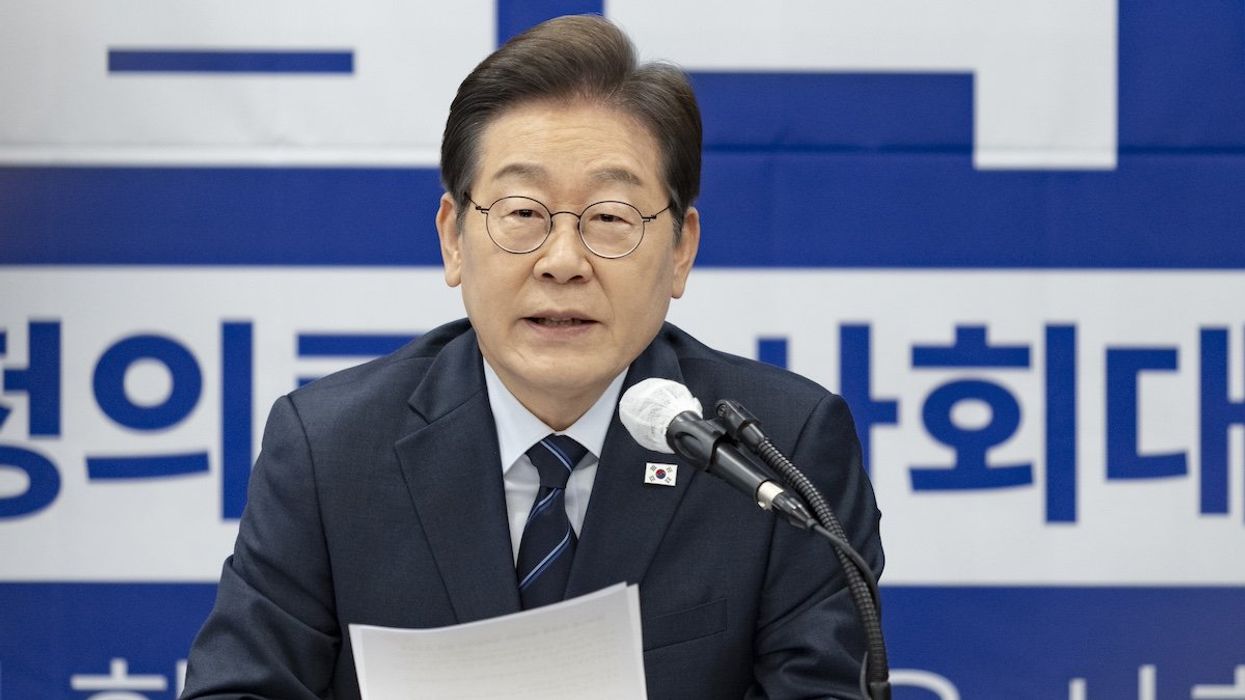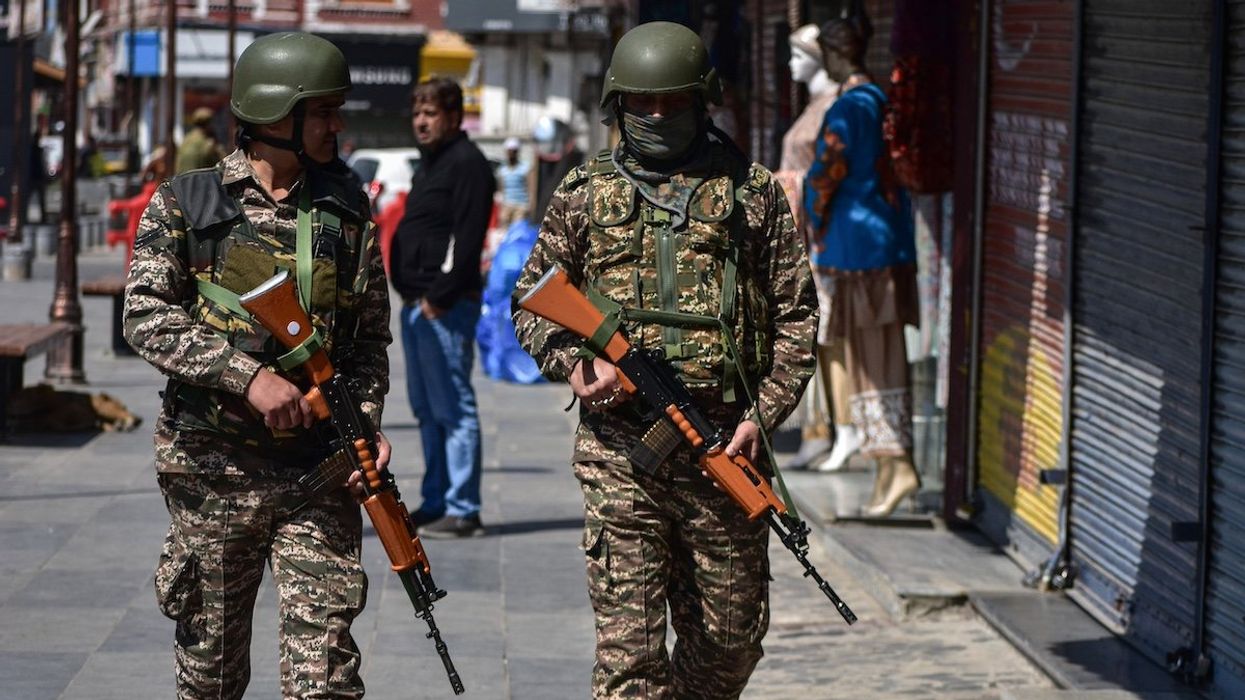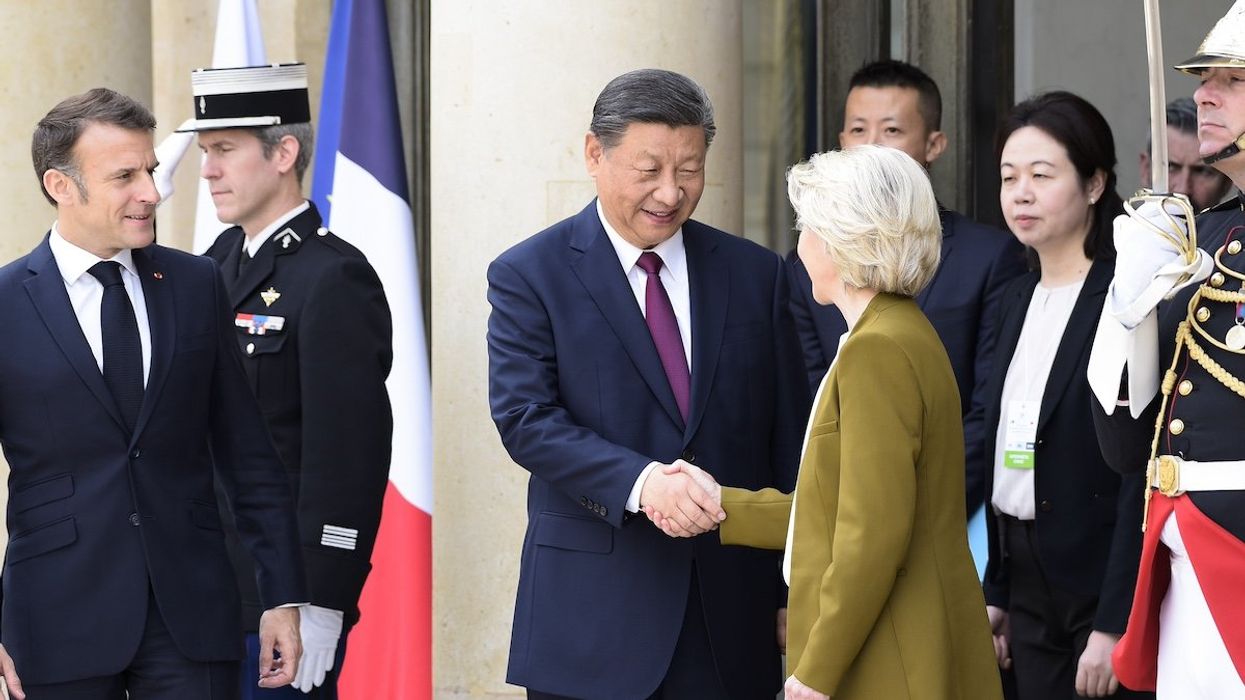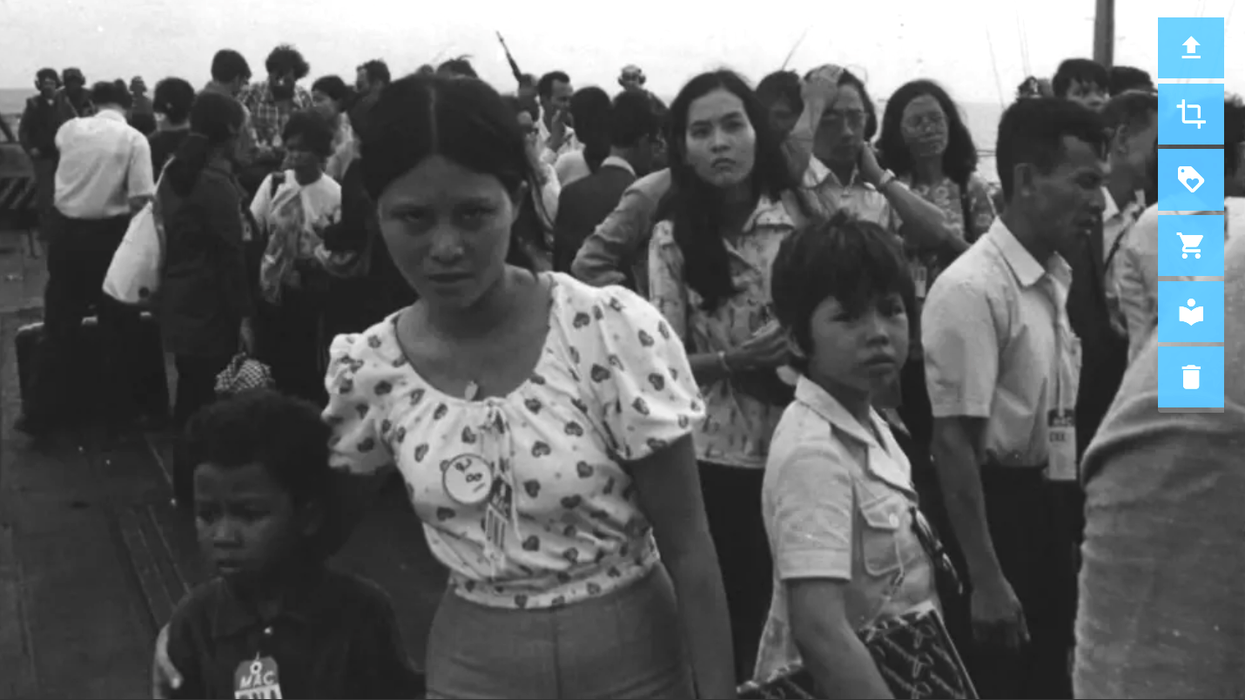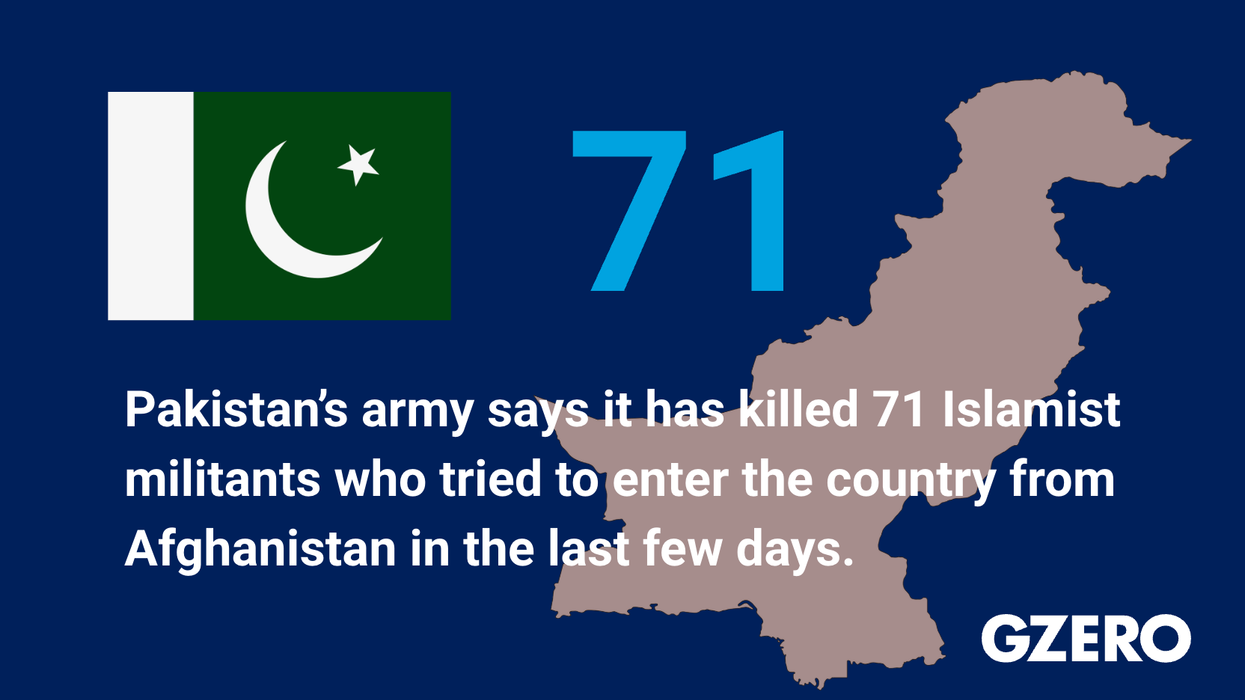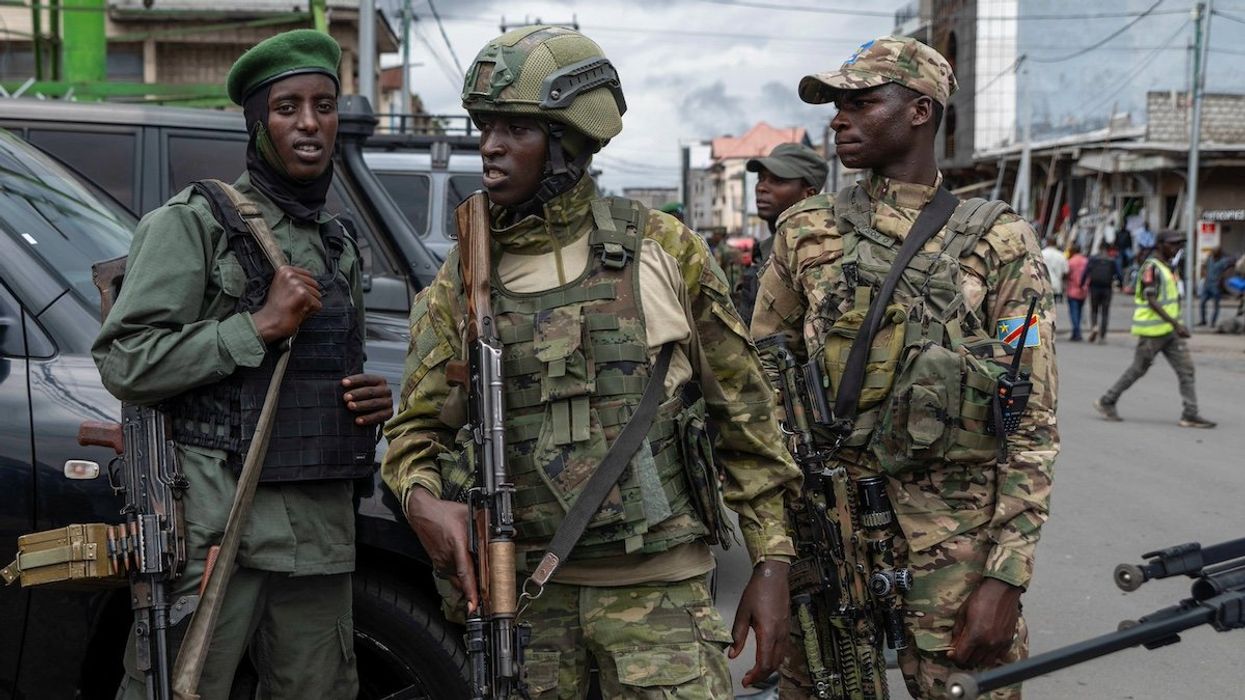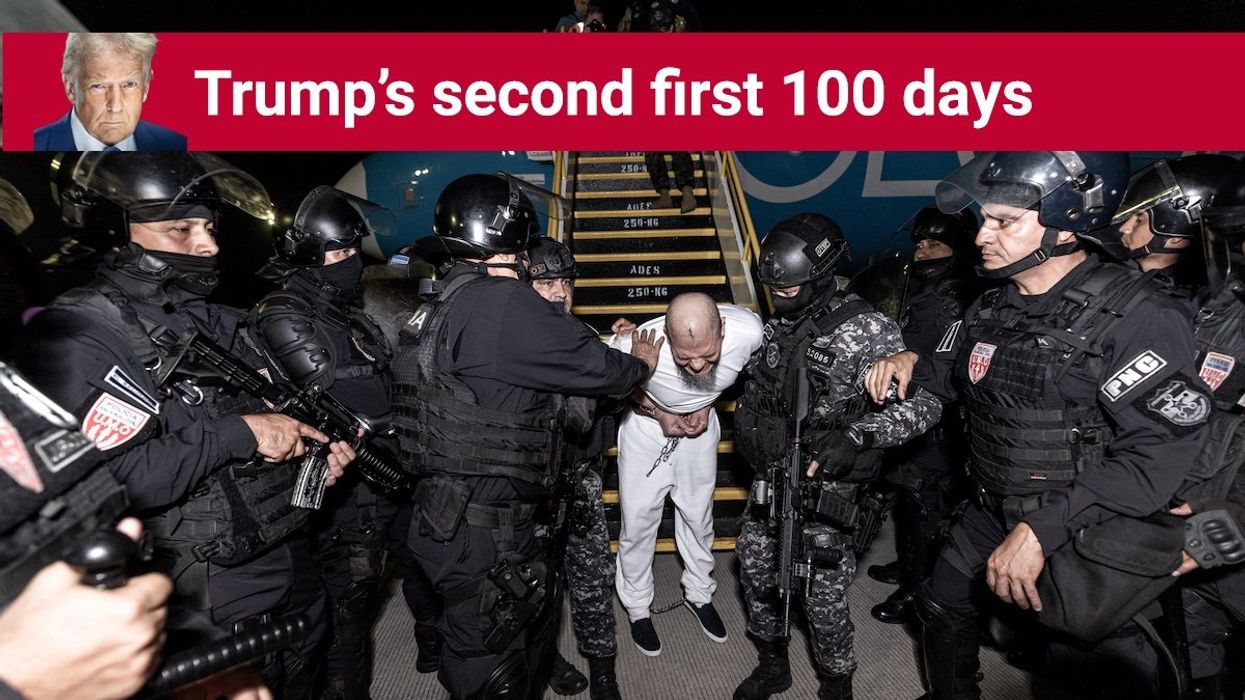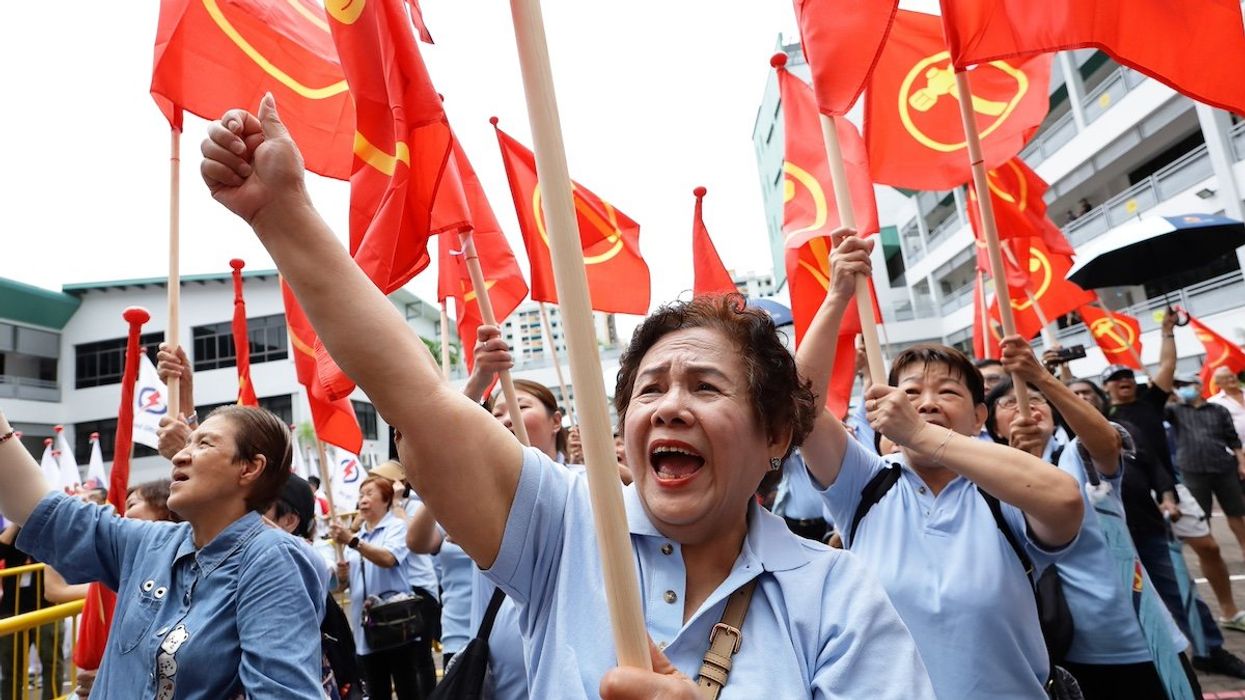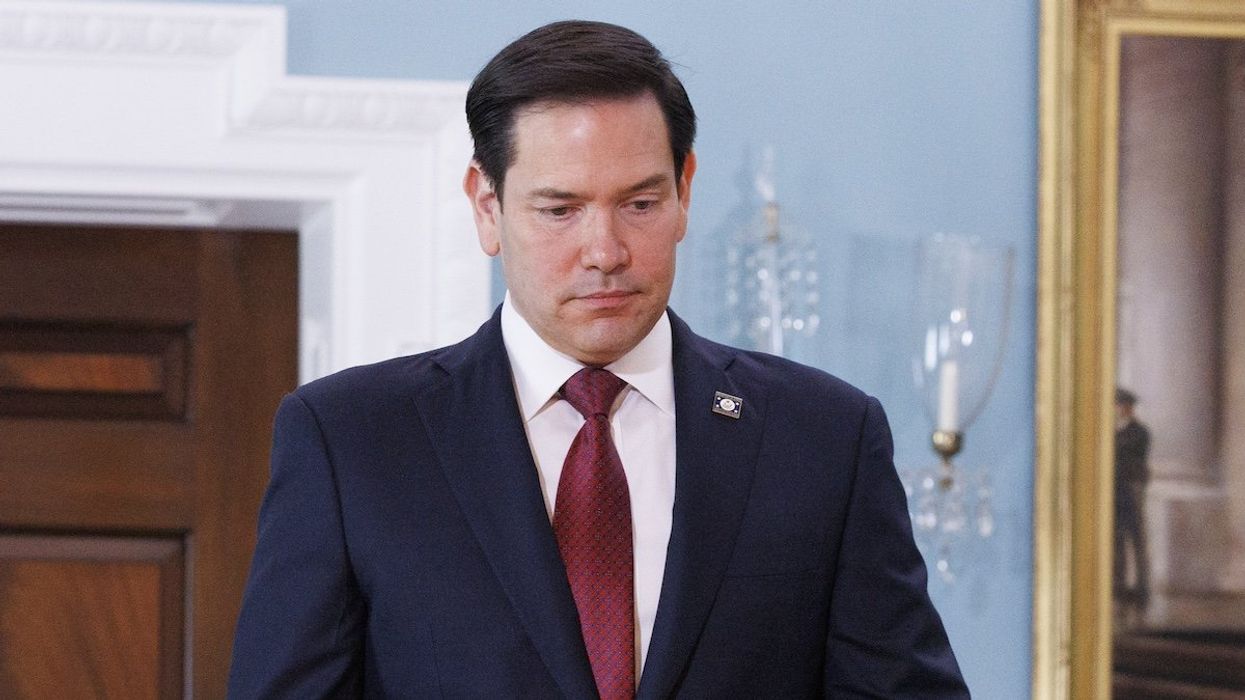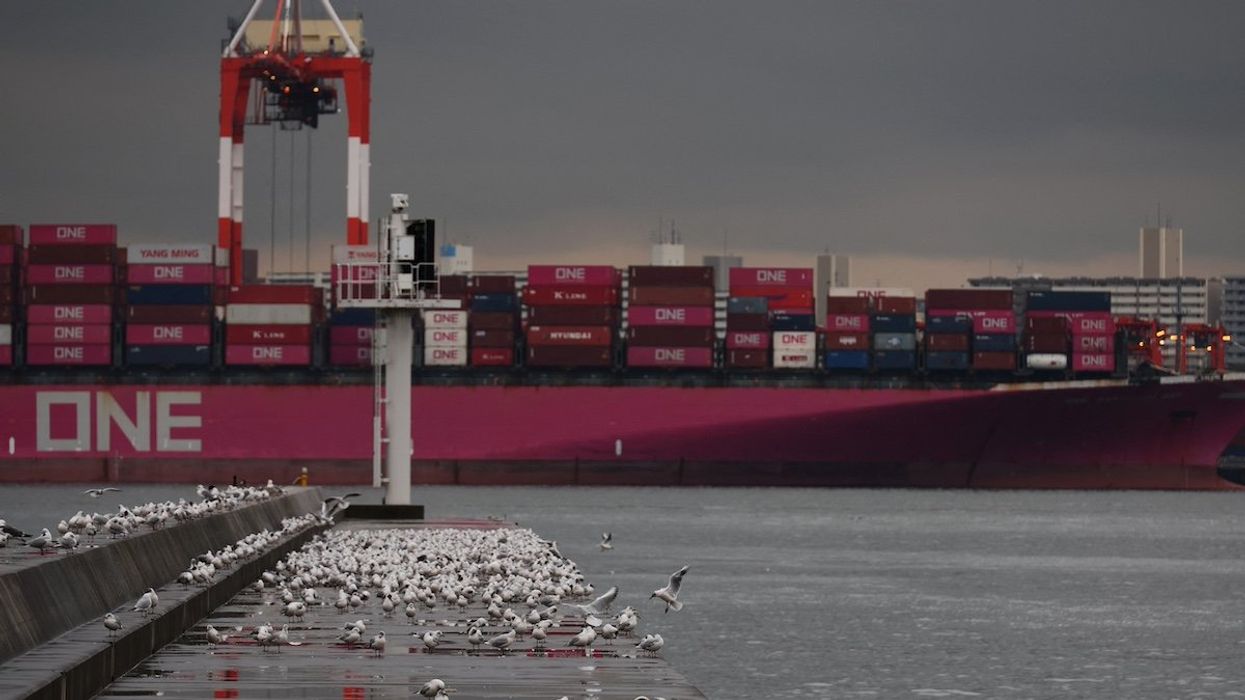VIDEOSGZERO World with Ian BremmerQuick TakePUPPET REGIMEIan ExplainsGZERO ReportsAsk IanGlobal Stage
Site Navigation
Search
Human content,
AI powered search.
Latest Stories
Sign up for GZERO Daily.
Get our latest updates and insights delivered to your inbox.
Global Stage: Live from Davos
WATCH
Matthew Kendrick
Senior Writer
Matthew Kendrick is an Emmy-nominated journalist covering global affairs for GZERO Media. He speaks fluent Spanish with a mild Chilean accent thanks to growing up in the Atacama, advanced Mandarin thanks to his time in Harbin, and basic Korean thanks to his Fulbright award. Prior to GZERO, Matt was a producer for CNN's Fareed Zakaria GPS. When he's not reporting and writing, you can catch him doing yoga, struggling to teach himself Turkish, or (most likely) napping with his two cats.
Fields of expertise
Politics and history of East Asia, International Relations and geopolitics, emerging economies, linguistics
Education
Oberlin College, S. I. Newhouse School of Public Communications
